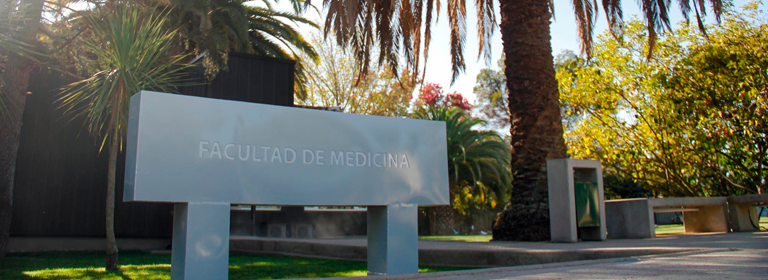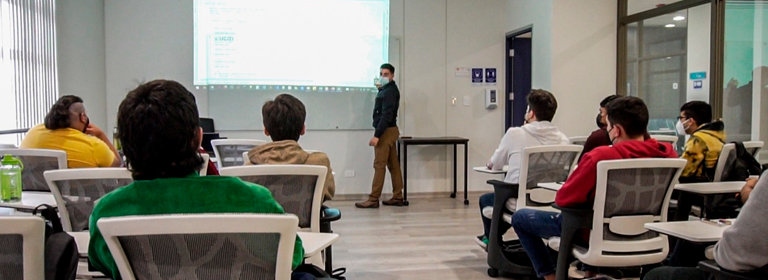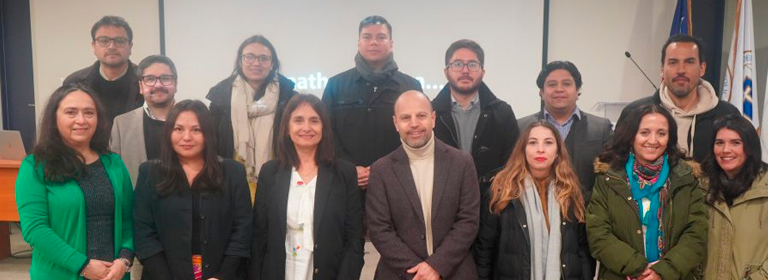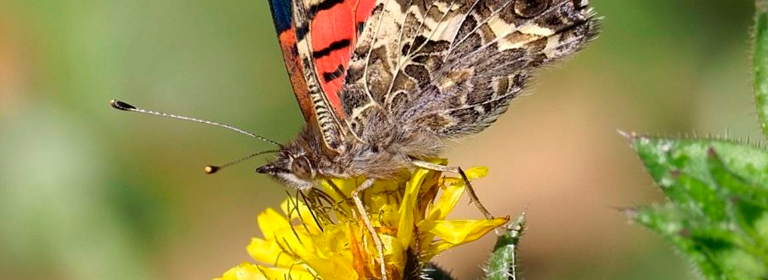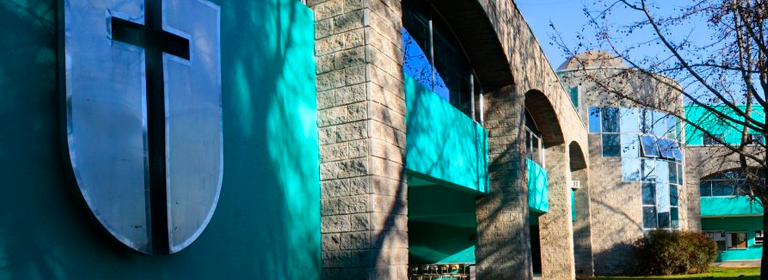The Universidad Católica del Maule obtained an intellectual property certificate for a tumor sensitivity indicator, developed by researchers from its Department of Medicine.
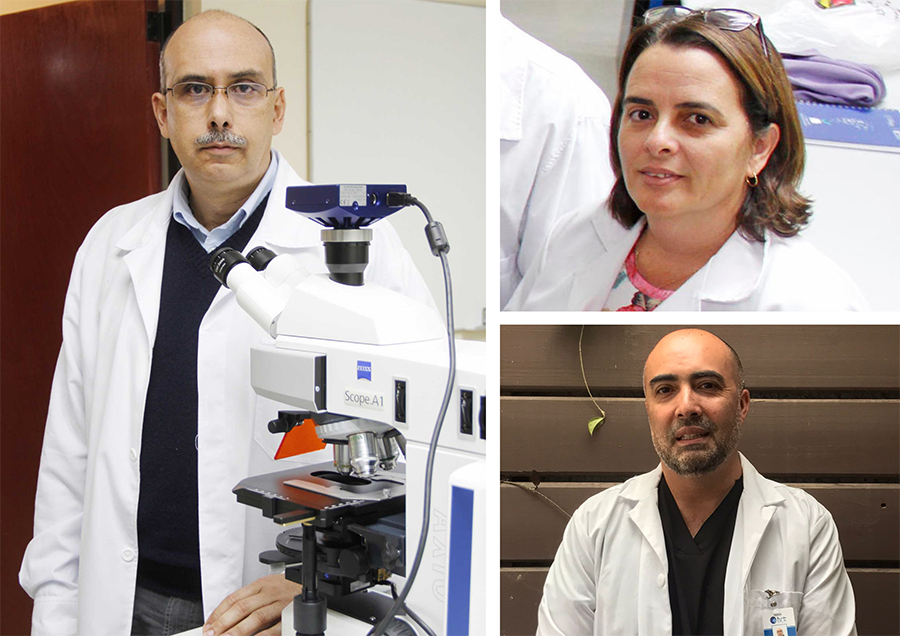 The Universidad Católica del Maule (UCM) obtained an invention patent for a biomarker of tumor sensitivity to radiological therapy and chemotherapy, developed by researchers from the Department of Medicine of the campus.
The Universidad Católica del Maule (UCM) obtained an invention patent for a biomarker of tumor sensitivity to radiological therapy and chemotherapy, developed by researchers from the Department of Medicine of the campus.
Doctors Armando Rojas, Ileana González, and Erik Morales detected the marker, defined as a feature capable of objectively measuring normal or pathogenic biological processes.
“The biomarker is a protein known as RAGE and can predict the success of chemotherapy or radiotherapy. We quantified the biomarker by fluorescence immunohistochemistry techniques, in biopsies of gastric and colorectal cancer tumor diagnoses, of high prevalence in the country,» said Rojas, who has been studying the indicator since 2013, within the framework of a project awarded before the National Fund for Scientific and Technological Development, (Fondecyt by its acronym in Spanish)
The also director of the UCM Biomedical Research Laboratory specified that “The novelty of this biomarker is that it is a protein that had been described in the cell membrane and that within the framework of this 2013 research, which was a study on patients infected with the Helicobacter pylori bacterium, it was detected that the protein was also located in the cell nucleus (…). Subsequently, a German group published, referring to our work, that when the protein reaches the nucleus it forms a complex with other proteins that are linked to DNA repair”.
“Then we began to carry out in vitro studies, and later, under the financing of a project from the Innovation and Competitiveness Fund of the Maule Regional Government or FIC, we proceeded to visualize the expression levels of this biomarker in the nucleus of biopsy cells of patients with gastric or colorectal cancer, who were to undergo neoadjuvant chemotherapy. And what we have found is that the amount or intensity of RAGE in the nucleus correlates with the survival of patients who have undergone chemotherapy. The more intense the nuclear localization, the greater the capacity of the tumor cell to repair the lesions induced by the drugs and, therefore, to generate a resistance mechanism and survive the chemotherapeutic treatment”, explained the academic.
Recognition of the trajectory
Erika Leiva, dean (s) of the Department of Medicine of the educational center, highlighted that the certificate granted by the National Institute of Industrial Property (INAPI for its acronym in Spanish) – the first one to the unit in its 18-year history- represents a recognition of the institutional growth.
“This patent will allow us to contribute in a concrete and significant way to optimizing cancer therapy with less investment of both clinical and hospital resources. In these post-pandemic times in which cancer predominates as the leading cause of death in Chile and in a territorial sector where this disease strongly affects, it adds to the development of the Oncology Center of the Department of Medicine , the incorporation of topics associated with this pathology through teaching, the research carried out in the MAUCO project in Molina and the training of advanced human capital in the oncology area with the subspecialty of Medical Oncology taught by our institution”, she highlighted.
To date, the University has patented five inventions in Chile and abroad. Three of them – a cherry burger, a mobile mass identification device, and now the biological marker – received their intellectual property (IP) certificates this year.
“We are always encouraging (…) the need to protect inventive capabilities at UCM. That is why we are very satisfied with obtaining the first patent in the area of medicine at our university, considering that the patent application and protection processes in these areas are extensive, but with the willingness of the academic researchers, we can achieve the expected results”, said the director of Innovation, Development and Technological Transfer of the campus, Fabiola Loyola.

